Optimal Timing for Waterproofing Projects
Proper timing for waterproofing projects is essential to ensure durability and effectiveness. The ideal period depends on weather conditions, temperature, and humidity levels. Typically, dry and mild weather conditions provide the best environment for applying waterproofing materials.
Applying waterproofings during seasons with minimal rainfall and moderate temperatures reduces the risk of material failure and ensures proper adhesion. In regions with distinct seasons, late spring and early fall are often considered optimal times for waterproofing work.
Spring offers moderate temperatures and less rain, making it suitable for waterproofing projects before heavy summer rains.
Summer can be challenging due to high temperatures and humidity, which may affect curing times of waterproofing materials.
Fall provides cooler weather and less moisture, ideal for waterproofing before winter.
Winter is generally unsuitable due to freezing temperatures and snow, which hinder proper application.
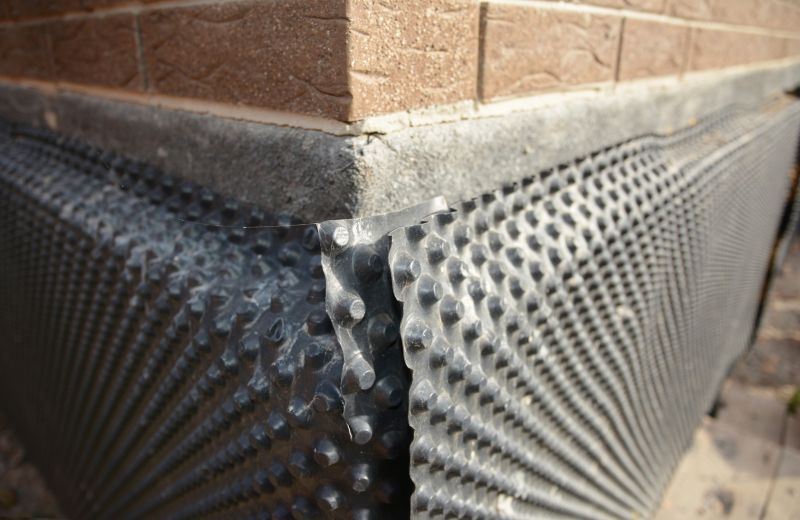
Ways to make Waterproofings work in tight or awkward layouts.
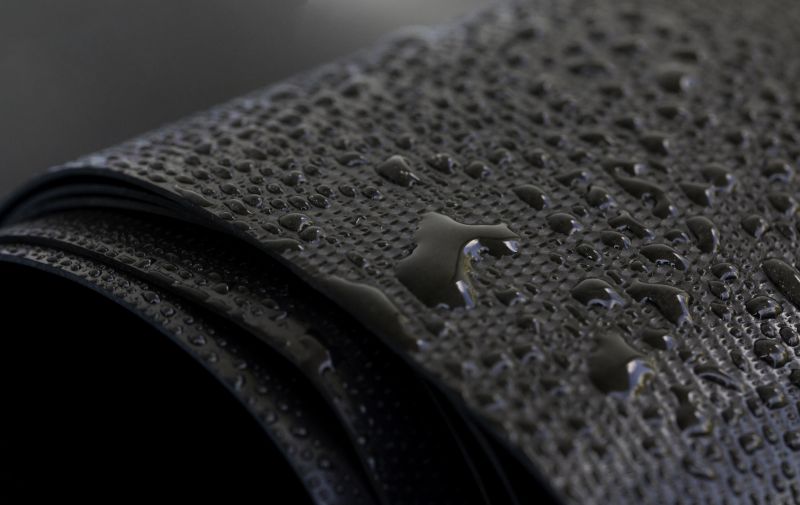
Popular materials for Waterproofings and why they hold up over time.
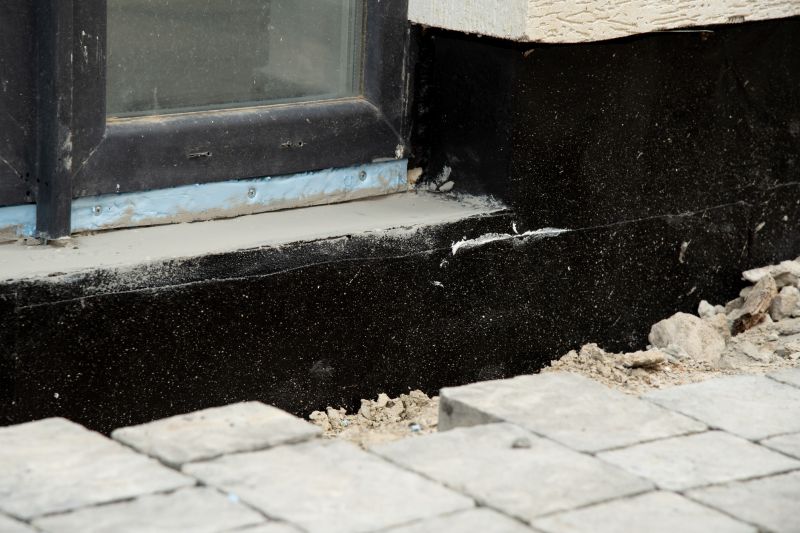
Simple add-ons that improve Waterproofings without blowing the budget.
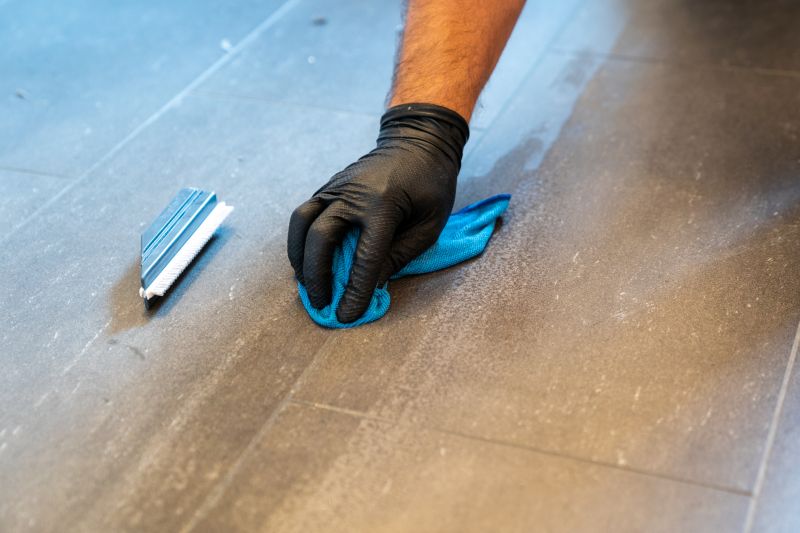
High-end options that actually feel worth it for Waterproofings.
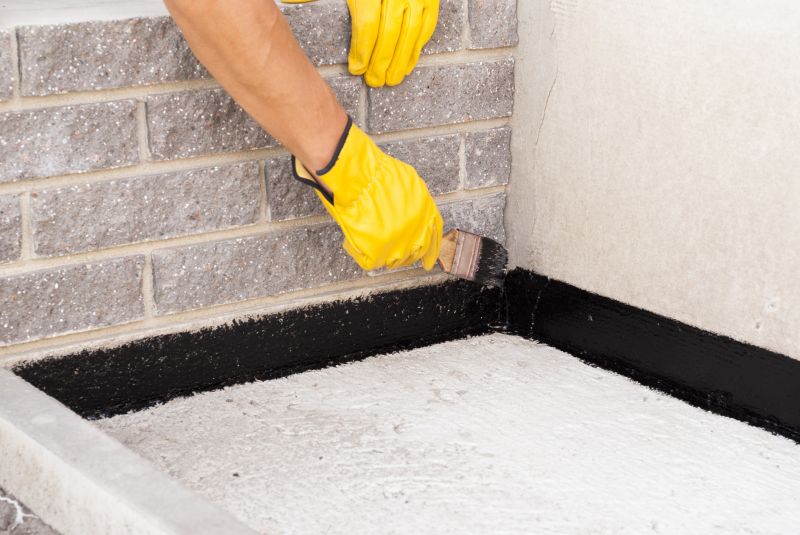
Finishes and colors that play nicely with Waterproofings.
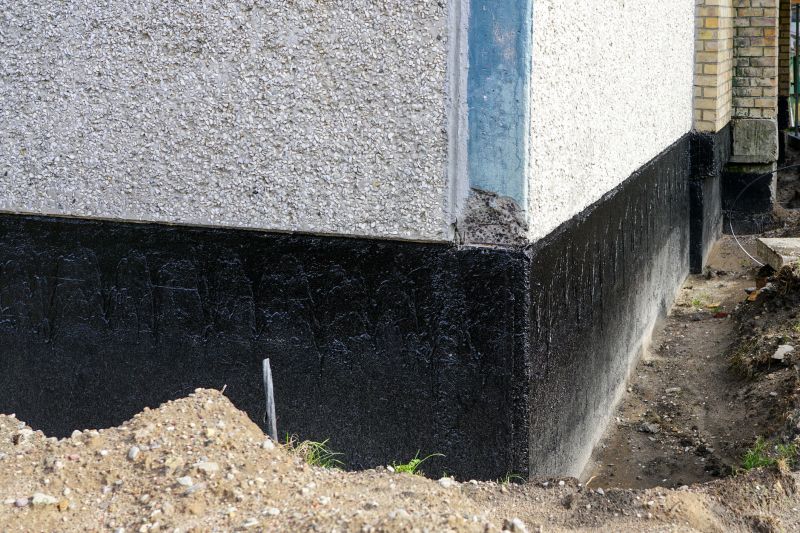
Little measurements that prevent headaches on Waterproofings day.
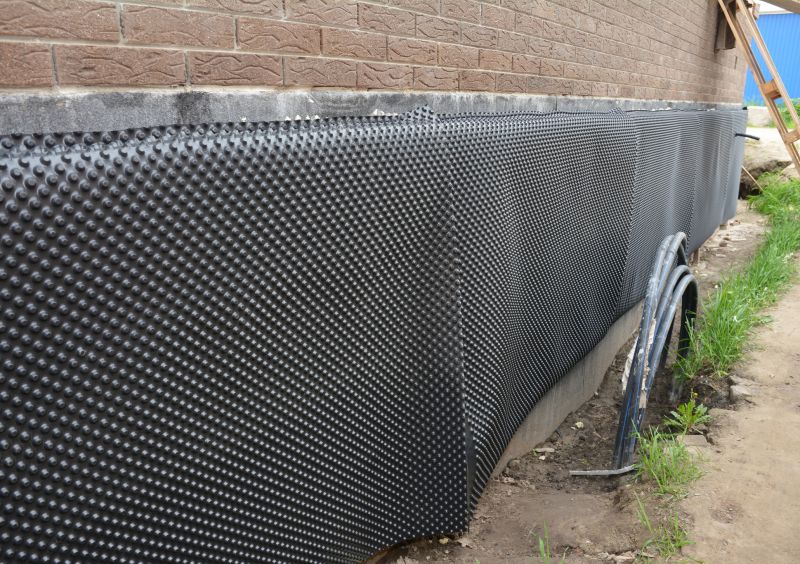
A 60-second routine that keeps Waterproofings looking new.
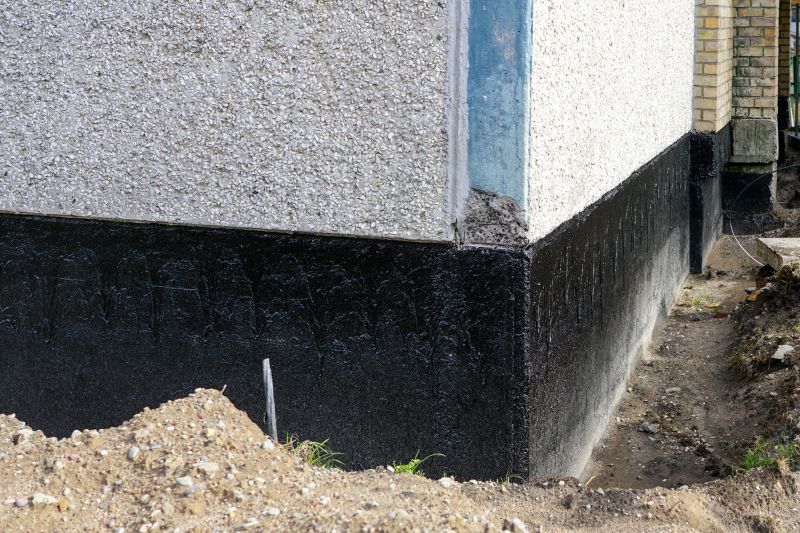
A frequent mistake in Waterproofings and how to dodge it.
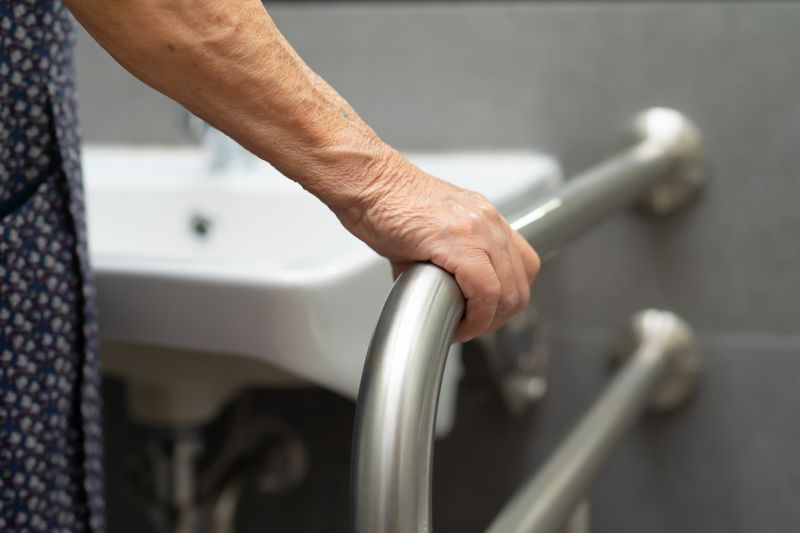
Small tweaks to make Waterproofings safer and easier to use.
| Season | Best for Waterproofing |
|---|---|
| Spring | Optimal due to mild weather and low rainfall |
| Summer | Less ideal because of high temperatures and humidity |
| Fall | Ideal for preparing before winter |
| Winter | Not recommended due to freezing and snow |
Waterproofings are essential for protecting structures from water intrusion, which can cause damage, mold growth, and structural weakening. Properly timed waterproofing projects extend the lifespan of buildings and reduce maintenance costs. The selection of the right waterproofing method and timing depends on the specific needs of the property, local climate conditions, and the type of structure.
Statistics indicate that waterproofing can prevent up to 80 percent of water-related damages when performed correctly and at the appropriate time. It is crucial to plan waterproofing projects during suitable weather windows to ensure the longevity and effectiveness of the materials used.
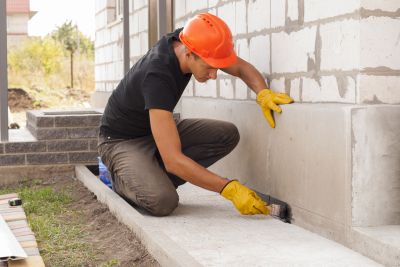
Lower-waste or water-saving choices for Waterproofings.
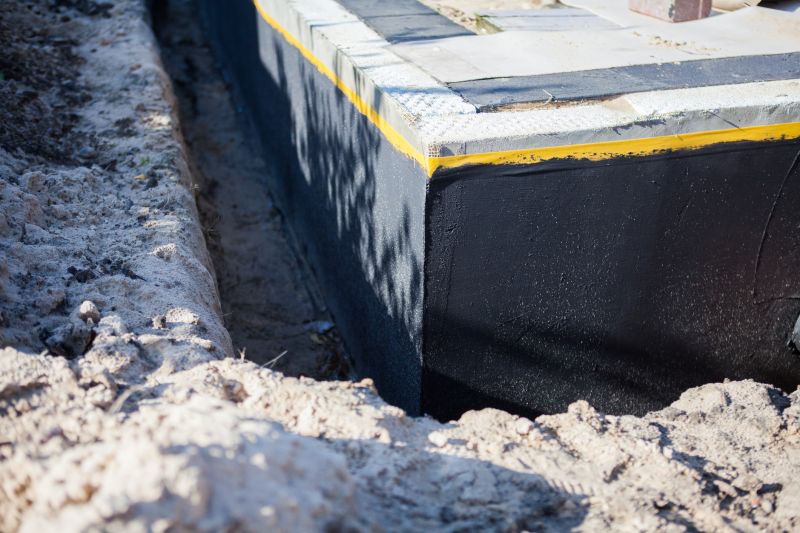
The short, realistic tool list for quality Waterproofings.

Rough timing from prep to clean-up for Waterproofings.

Quick checks and paperwork to keep after Waterproofings.
If interested in waterproofing services, filling out the contact form can provide detailed information tailored to specific needs. Proper timing and application are key to ensuring long-lasting protection against water intrusion.



